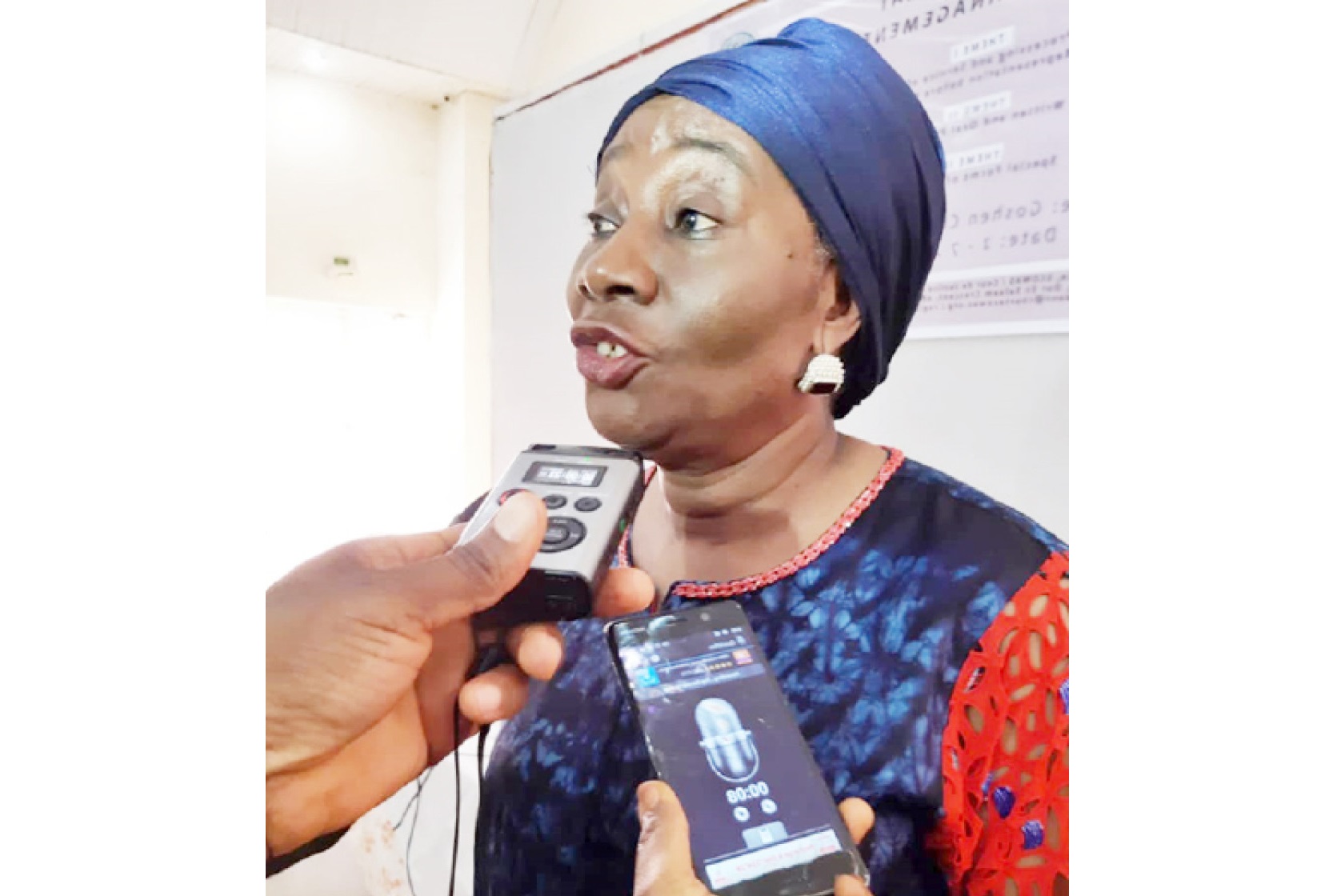ECOWAS Court will provide legal aid to the poor -Justice Atoki
The Economic Community of West African States (ECOWAS) Community Court of Justice recently ended its 11th Judicial Retreat in Goshen City, Nasarawa State. In this interview, a member of panel of the court’s justices, Justice Dupe Atoki (Nigeria) speaks on the resolution to commence legal aid to indigent applicants within the member states, among other […]

Justice Dupe Atoki
The Economic Community of West African States (ECOWAS) Community Court of Justice recently ended its 11th Judicial Retreat in Goshen City, Nasarawa State. In this interview, a member of panel of the court’s justices, Justice Dupe Atoki (Nigeria) speaks on the resolution to commence legal aid to indigent applicants within the member states, among other resolutions. Excerpts:
What are the highlights of this retreat?
It’s been a one-week deliberations by the judges and senior officers of the court on a lot of issues that would help us provide justice for the ECOWAS sub-region.
But I think one of the most important areas that was deliberated on is the area of providing legal aid to indigent applicants because we do know that violations of human rights is suffered by the low income earners, who may not have the necessary financial strength to support a complaint at the court.
And for us to ensure that justice gets to the grassroots, we deliberated at length on the possibility of providing legal aid to applicants who are not in a position to do so. And we have set up a committee to work out the modalities and submit report in December this year so that we can then take up the necessary issues of formalising it which has a lot of implications in terms of funding to support the lawyers representing them and to also identify the qualification for accessing the fund. And I think that is one area that we are very pleased to have been able to bring to fruition.
What are the areas you deliberated on?
Other areas are certain discrepancies in the protocols that set up the court. Because you recall the court was initially to recover complaints from member states, individuals were not contemplated. And so the rules and protocols that were drafted thereof were with regards to applicants between member states only. Now we are faced with situations where since 2005, there is a protocol that has opened the court for individuals to bring complaints against their member states.
There are lots of discrepancies and gaps which have implications on the smooth interpretation of the protocols. So we have highlighted a number of them that we will reconvene to further streamline and bring forward to ensure that the protocol is amended to reflect the new entrant that has been created for a seamless functioning of the court.
We also deliberated on other issues that concern staff; that border on our operations in the court; areas in which we have challenges in terms of research and various administrative purposes; oral and written presentations and so on. But I think it has been a good week of reflections.
Is there any particular amount to look out for in the planned legal aid?
No, the committee would decide. The way it works is that we will engage lawyers who will support the process for applicants and pay the lawyers the fees. So, those are the areas the committee will identify: If we would have an amount that would be paid to lawyers who would be willing to ensure that they also provide a bit of subvention to the fees. So we can’t give it here what amount would be paid.
Did you deliberate on ensuring that member states execute the judgments of the court?
At the end of the day we really are pleased because not all judgments require to be executed, and not all judgments are always against member states. So, we must take out the various judgments we have delivered to identify which of them should be implemented.
What we have been doing is to say that we have delivered 200 judgments and 10 have been implemented. But we have come to a realisation that we must segment the enforceable judgments away from declaratory judgments and then be able to situate the implementation. And from what we have gathered in our data, we believe that member states have actually gone beyond 50 percent of implementation of judgments. That is not the best, but I think we are getting to the stage where they are beginning to understand the importance. We will continue our advocacy to them in knowing that we need a 100 percent implementation of judgments.
